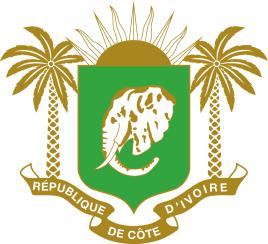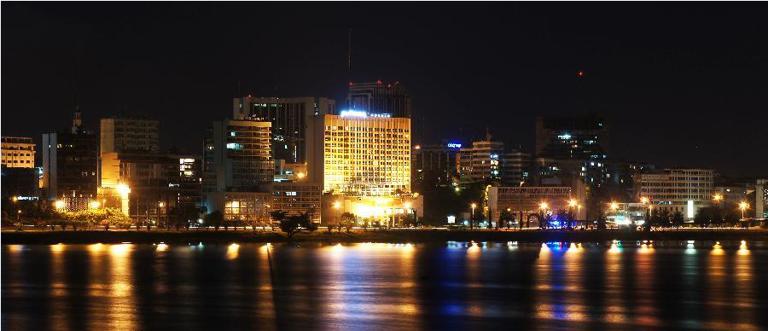

Cote d'Ivoire (The Republic of Côte d'Ivoire, La République de Côte d'Ivoire), is a West African country, adjacent to Ghana, Liberia, Guinea, Mali and Burkina Faso. The coastline is about 500 kilometers long.
Cote d'Ivoire was once one of the most prosperous tropical countries in West Africa during the cold war period. However, after 1985, due to political corruption, lack of reform, domestic turmoil and civil war from 2002 to 2011, the economy of Cote d'Ivoire was in a slump. Cote d'Ivoire is a country based on agriculture. Facing the decline of global agricultural product prices, the export of cocoa and coffee, the main agricultural products of the country, are facing greater competition. Cote d'Ivoire means "Ivory Coast" in French. At the request of the government, the people's Republic of China transliterates its name to Cote d'Ivoire. Since December 31, 1985, the United Nations has been using this transliteration.
Since January 1, 2018, it has officially become a non permanent member of the UN Security Council for a term of two years.
The terrain of Cote d'Ivoire inclines slightly from northwest to Southeast, the coastal terrain is low and flat, with mangrove swamps, sandbanks and lagoons; the inland areas are mostly plains and low plateaus below 400 meters above sea level; The Guinea highlands on the northwest border and the Mount Nimba on the southwest border are steeper. In the northwest, there are Mount Manda and Qiuli mountain with an altitude of 500-1000 meters, the north is a low plateau with an altitude of 200-500 meters, and the southeast is a coastal lake plain with an altitude of less than 50 meters. Mount Nimba, the highest peak in the territory, is 1752 meters above sea level.
